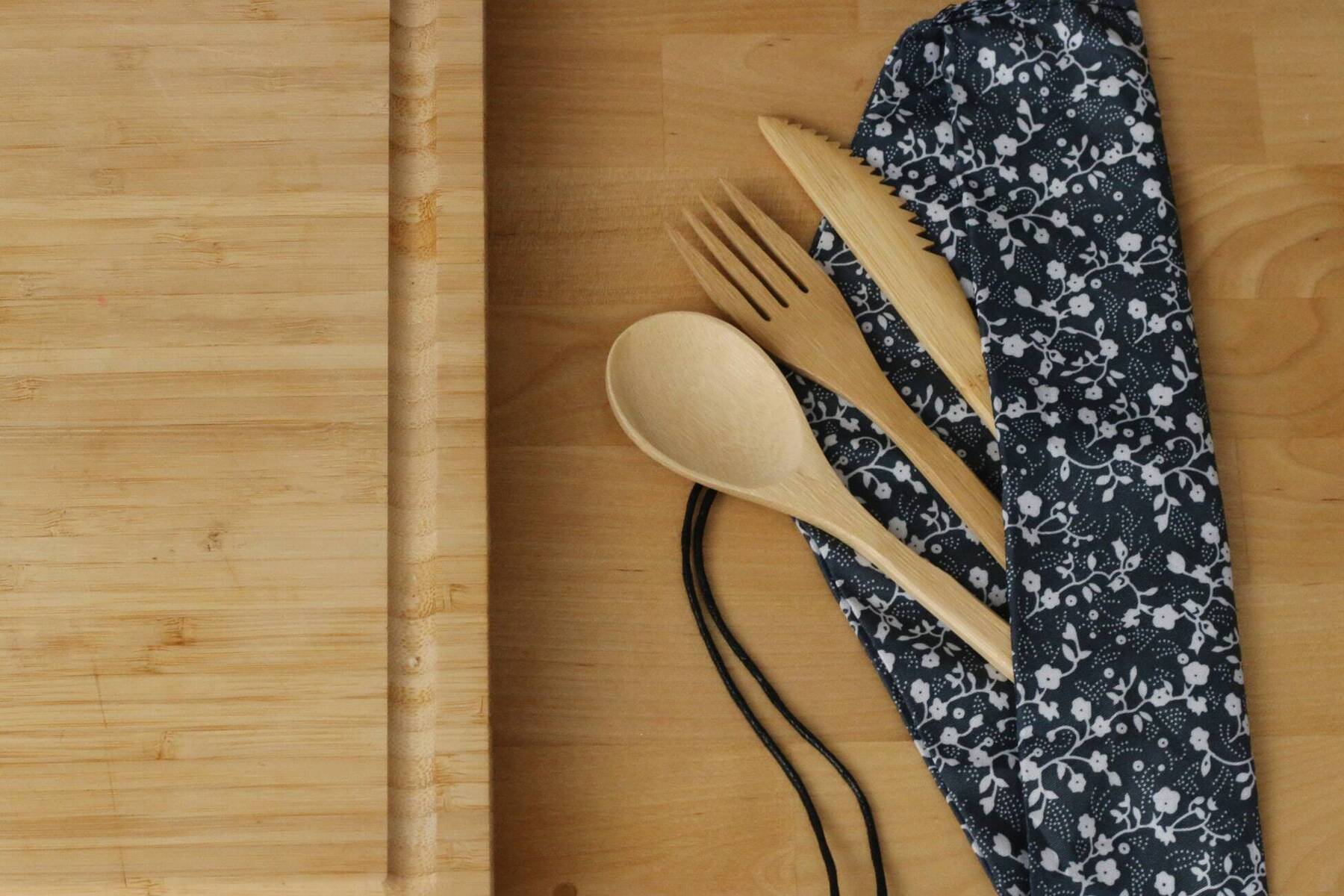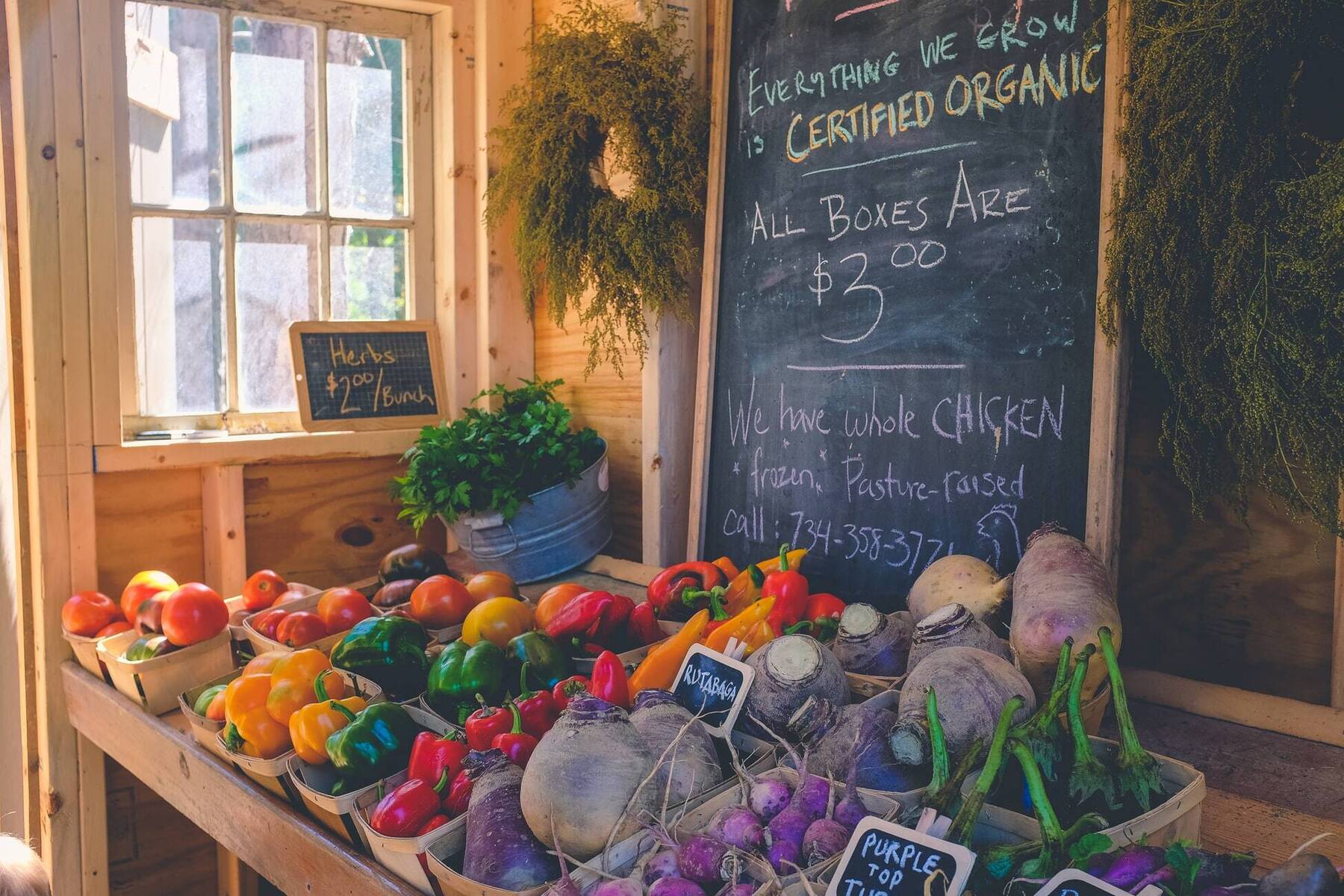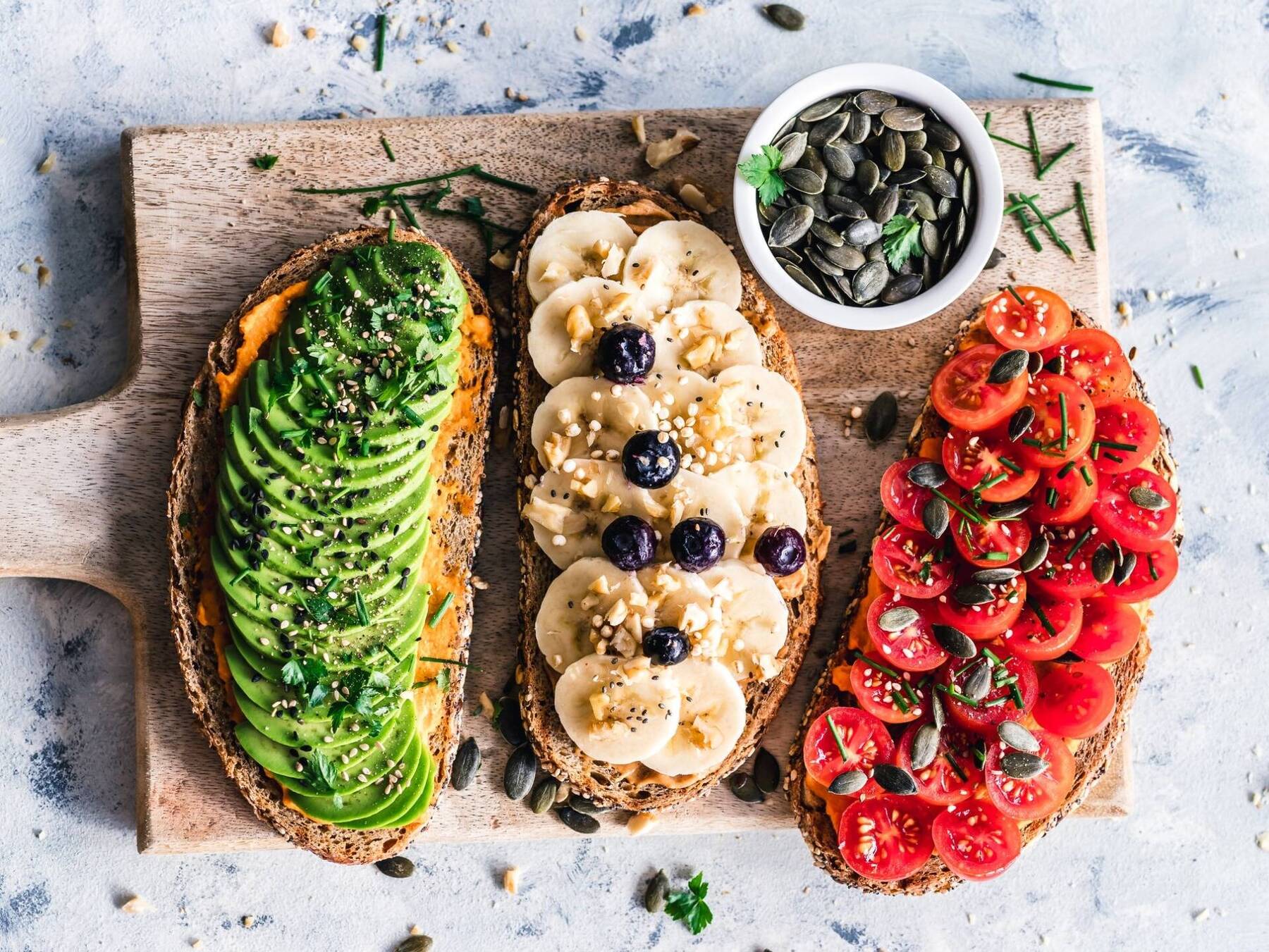Reduce the use of single-use plastics
For anyone wanting to decrease their consumption rate, the first and easiest place to start is to reduce the amount of single-use plastic you use in your daily life. We are all familiar by now with the ‘ban the straw’ movement. However, saying no to straws is only the beginning. Plastics that come from water bottles, plastic kitchen wrap, and takeaway coffee cups are just as bad, and in some cases, even worse. There are, thankfully, easy ways to ditch these offenders for more sustainable alternatives.
In the case of water bottles and coffee cups, there are a whole host of chic, reusable options available out there. Often, your favourite coffee shop will have their own branded reusable cups for sale, making it easier than ever to find the perfect one. For the days where you just don’t feel like washing your reusable cup, consider purchasing compostable cups, which can be added to your compost when you’re finished, or thrown into the recycling without the worry that they will sit in a landfill for generations. In terms of plastic kitchen wrap, some very clever people have developed reusable alternatives that work like an absolute dream, and add some much-needed glamour to your leftovers. Known as cloth, bee, or wax wraps, these eco-friendly food sealers are made from pieces of fun-coloured cloth that are dipped in either vegan wax or beeswax, which are both antibacterial and antimicrobial - keeping your food fresh and looking fabulous.














Comments